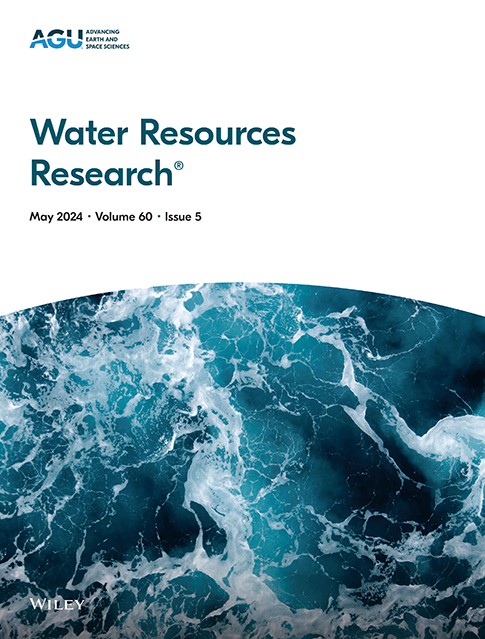水文与地球科学:机遇、前景与关注
IF 4.6
1区 地球科学
Q2 ENVIRONMENTAL SCIENCES
引用次数: 2
摘要
大型语言模型(llm)的出现,如ChatGPT,已经引起了极大的关注,特别是在学术界和科学界。研究人员、科学家和教师对将ChatGPT用于研究和教学目的的利弊持有不同的观点。ChatGPT将被许多科学家用于创造内容和推动科学进步。本文简要介绍了ChatGPT的基本原理,以及如何将其应用于水文学和其他地球科学领域。本文研究了这个开放人工智能工具在这些领域中的主要应用,特别是它协助编写和编码任务的能力,并强调了使用这种模型的优点和关注点。此外,该研究还提出了该模型的一些其他局限性,以及潜在的误用危险。最后,我们建议学术界调整其法规和政策,以利用法学硕士的潜在利益,同时减少其缺陷,包括建立一个利用法学硕士的结构,并为其实施提供明确的法规。我们还概述了如何实现此结构的一些具体步骤。本文章由计算机程序翻译,如有差异,请以英文原文为准。
ChatGPT in Hydrology and Earth Sciences: Opportunities, Prospects and Concerns
Abstract The emergence of large language models (LLMs), such as ChatGPT, has garnered significant attention, particularly in academic and scientific circles. Researchers, scientists, and instructors hold varying perspectives on the advantages and disadvantages of using ChatGPT for research and teaching purposes. ChatGPT will be used by many scientists going forward for creating content and driving scientific progress. This commentary offers a brief explanation of the fundamental principles behind ChatGPT and how it can be applied in the fields of hydrology and other Earth sciences. The article examines the primary applications of this open artificial intelligence tool within these fields, specifically its ability to assist with writing and coding tasks, and highlights both the advantages and concerns associated with using such a model. Moreover, the study brings up some other limitations of the model, and the dangers of potential miss‐uses. Finally, we suggest that the academic community adapts its regulations and policies to harness the potential benefits of LLMs while mitigating its pitfalls, including establishing a structure for utilizing LLMs and presenting clear regulations for their implementation. We also outline some specific steps on how to accomplish this structure.
求助全文
通过发布文献求助,成功后即可免费获取论文全文。
去求助
来源期刊

Water Resources Research
环境科学-湖沼学
CiteScore
8.80
自引率
13.00%
发文量
599
审稿时长
3.5 months
期刊介绍:
Water Resources Research (WRR) is an interdisciplinary journal that focuses on hydrology and water resources. It publishes original research in the natural and social sciences of water. It emphasizes the role of water in the Earth system, including physical, chemical, biological, and ecological processes in water resources research and management, including social, policy, and public health implications. It encompasses observational, experimental, theoretical, analytical, numerical, and data-driven approaches that advance the science of water and its management. Submissions are evaluated for their novelty, accuracy, significance, and broader implications of the findings.
 求助内容:
求助内容: 应助结果提醒方式:
应助结果提醒方式:


